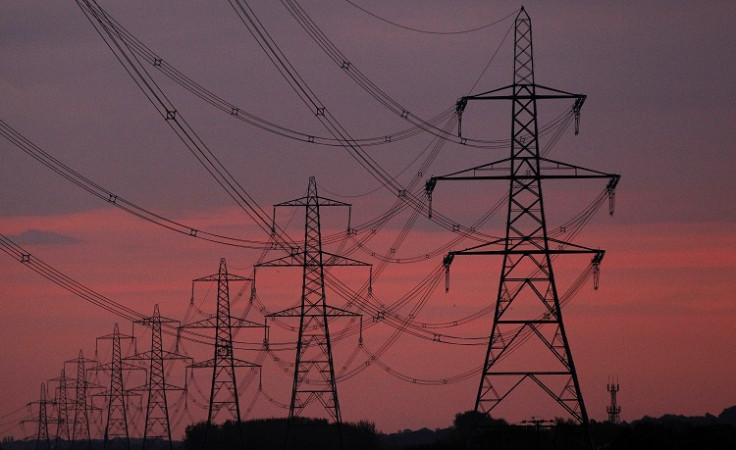Britons' Energy Bills Too Cheap, Says Newcastle University

Newcastle University academics declared that a large portion of Britons receive energy "too cheaply" as the prices "do not reflect reflect the high economic and environmental cost of generating, storing and distributing energy."
According to the institutions latest research, the UK government should also seek to establish an authority to oversee £100bn (€122bn, $169bn) needed to overhaul the country's ageing energy infrastructure.
"The current pricing model does not accurately reflect the high economic and environmental cost of generating, storing and distributing energy," said Professor Phil Taylor, who leads its Institute for Research on Sustainability.
"In fact, because of the way energy is sold today, it becomes cheaper the more we use. This is unsustainable.
"Although we must make sure people can afford to heat their homes, for the majority of us energy is actually too cheap – this is why we leave lights on, keep appliances running and use machines at peak times when energy costs more."
Britain's biggest energy companies have come under fire from politicians and public for hiking up prices each year.
Approximately, four million households in the UK currently owe money to their energy suppliers.
A new report showed by energy price-comparison site, uSwitch, said that customers currently owe £464m collectively to their respective suppliers as the average annual energy bill continues to rise.
The Big Six have blamed high environmental costs and market prices which the UK is particularly susceptible to because of the large amount of energy it imports.
Since then, the UK Chancellor announced a green tax relief for the Big Six and energy intensive manufacturers and many ceremoniously fixed prices for a longer period of time.
Before Christmas, a group of energy experts set up by the Institution of Engineering and Technology (IET) said that Britain's "whole system" would have to be re-thought to ensure the lights stayed on.
Newcastle academics say that the government should be more involved with helping energy companies carve out a more efficient way to distribute energy while also supporting enhanced infrastructure to promote sustainability.
"Energy providers should be rewarded for providing tools and techniques that help customers use energy efficiently and cost-effectively," said the research note.
"This thinking risks locking the UK into a future in which water availability could put energy security at risk, and power stations could be forced to reduce production or even shut down if there isn't sufficient water available to keep them safely operational."
© Copyright IBTimes 2025. All rights reserved.





















